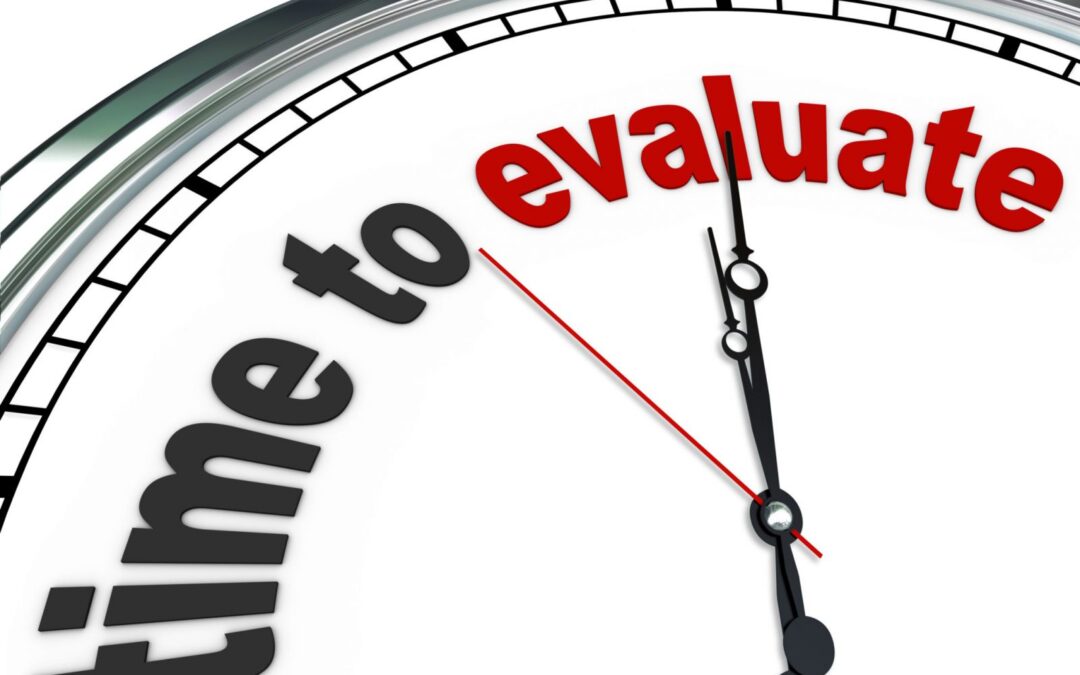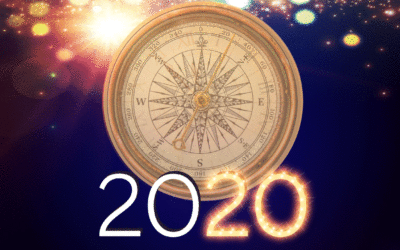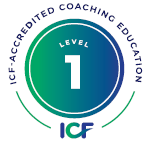As a coach you have many tools at your disposal.
Armed with a Coaching Model; well-honed listening skills; the ability to ask direct, open-ended, insightful questions; and a natural curiosity you are able to help your clients by getting to the heart of their concerns.
You’ve also developed a number of techniques designed to help your client shift perspective; by looking at the problem as a disinterested third party; reversing roles; or even by shifting time. All of these tools and techniques are helpful in moving your clients forward, but there is another tool that many coaches are starting to add to their repertoire… assessments.
Many people think assessments are best suited for Career Coaches, and while it’s true that there are a number of assessments that help with people searching for the right career, the right assessment can also be helpful in coaching executives, businesses, people in relationships, or any individual who is looking to understand themselves better.
Key Benefits
The real key to assessments is not in what they tell you about an individual but in the common language they provide for working through an issue. The Client and Coach are able to hone in, much more quickly, on the challenges the client is facing in a way that is non-judgmental and safe. The common language created can then also be used in determining the desired behaviors and in planning successful next steps.
If you are looking for a great tool that enables you to breakdown barriers and move your clients forward more quickly, it may be time to consider adding assessments to your practice.
Author – Dave Meyer is a Business & Leadership Coach and a Coach Training Alliance Mentor Coach. He is also the author of The Sage and Scholar’s Guide to Coaching Assessments.












